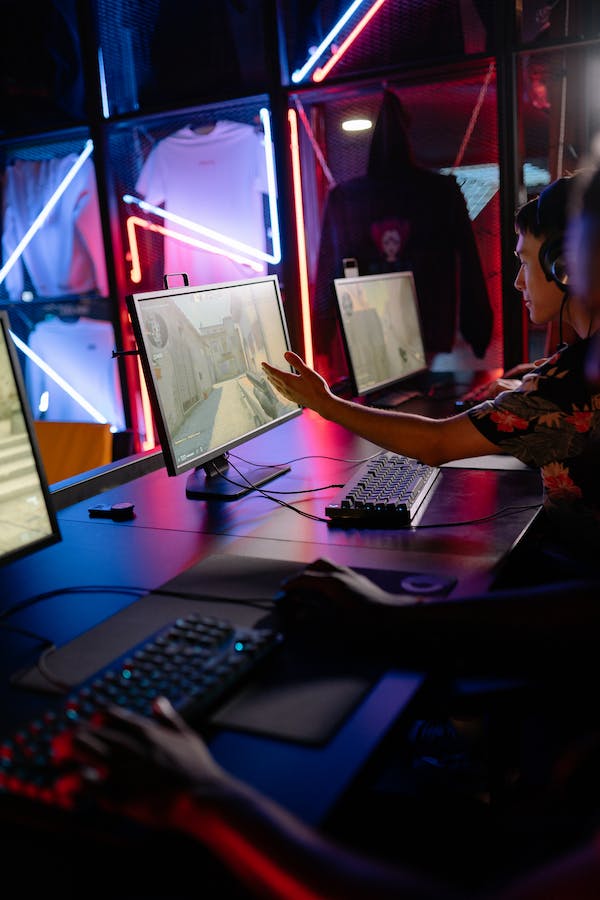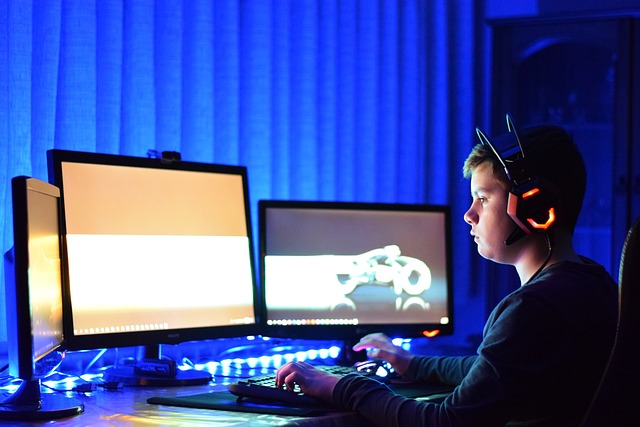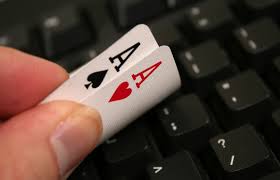Video games are some of the most popular forms of entertainment in the modern age. From console and PC games to mobile titles, the industry is booming and continues to draw in new fans daily. For many, playing video games can be a great way to relax after a long day, while others use it as an escape from the mundaneness of everyday life. Unfortunately, the boundaries of a healthy lifestyle and addiction can sometimes become blurred, and an individual can find themselves trapped in a cycle of “gaming addiction”, sometimes referred to as “online gaming disorder”.
Online gaming addiction is a distinct type of addiction, similar to gambling, compulsive shopping, or substance abuse. It is characterized by compulsive, excessive gaming, often resulting in psychological issues such as mood and anxiety disorders, difficulty focusing, and a sense of isolation from friends and family members. Some of the signs of addiction to online gaming include:
• Preoccupation with gaming
• Loss of interest in other activities
• Feeling of withdrawal from gaming
• Becoming angry or irritable when not playing
• Seeking to obtain a higher gaming level or outcome
• Excessive amounts of time spent gaming
In some cases, individuals with an online gaming addiction may neglect basic personal hygiene or important life activities and work obligations in order to devote more time to playing. The impulse to play can be especially strong for those who play multiplayer games, which offer an extra sense of competition and reward.
When not playing, individuals with an online gaming addiction may feel a sense of emptiness and longing for the game they’ve been playing, creating a craving that feels very much like a substance-abuse addiction. Those with an online gaming addiction may also try to justify their behavior, convincing themselves that they need to play in order to relax or to feel better. Unfortunately, the opposite is usually true—as the addiction becomes more entrenched, it can actually result in increases in depression or anxiety.
The good news is, for those who recognize the signs of gaming addiction early, there are resources available to help. Cognitive-Behavioral Therapy (CBT) has been proven to be an effective approach when it comes to tackling online gaming addiction and many therapists may design customized, individualized treatment plans that are tailored to the individual’s needs. Other techniques, such as support groups, self-help books, and relaxation techniques can be used in combination with CBT to help someone cope with their addiction and move towards healthier habits.
No matter the cause of the addiction, it is important to recognize that help is out there, and that anyone can recover. With a better understanding of the condition, those suffering from online gaming disorder can take the necessary steps to reclaim control of their lives and regain a healthier balance.









